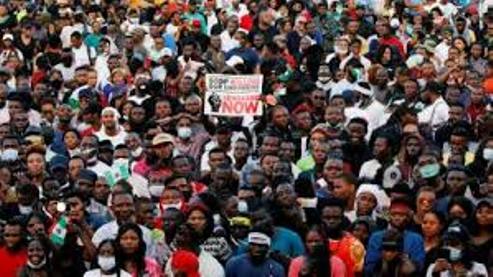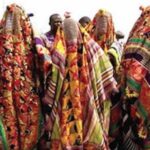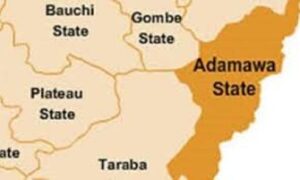Nigeria’s EndSARS Protests Have Been About Much More Than Police Brutality

LAGOS NOVEMBER 2ND (NEWSRANGERS)-The past three weeks of Nigeria’s EndSARS protests have me listening again to late Nigerian Afrobeat star and political activist Fela Kuti’s “Sorrow Tears & Blood.” The song, released 42 years ago, is about the violence and psychological terror inflicted by Nigeria’s uniformed officials, in particular the police and army. Fela bemoans Nigerians’ reluctance to rise up, singing in pidgin English: “My people sef dey fear too much!“
Well, this year young Nigerians have had enough. And unlike their parents, they are no longer afraid.
Nigeria has been a proudly democratic country for 21 years, but its law enforcement and military retain many of the worst habits of a previous era. The Special Anti-Robbery Squad (SARS) is an elite, corrupt force involved in everything from citizen harassment and unlawful arrests to kidnappings and extra-judicial killings. Young Nigerians, particularly anyone with signs of wealth but no obvious links to power, are regularly targeted and “arrested,” and their only hope of release is paying an extortionate amount of cash.
Young Nigerians are now pushing back with a focus and determination that has flummoxed the often complacent government of president Muhammadu Buhari. EndSARS is the biggest and longest-running series of national protests in a generation. Organizers take advantage of the internet to raise awareness, counter misleading government messaging, and distribute food, drinks, and even umbrellas to protestors. Celebrities like Rihanna are bringing global attention. When the Nigerian government stymied the movement’s digital fundraising, organizers simply switched to bitcoin and raised even more.
The Oct. 20 shooting of unarmed, peaceful protestors in Lagos was a turning point, and a lot rests on where things go from here.
As with the Black Lives Matter movement in the US, for these young Nigerians the protests have become about more than police brutality. They are about fixing a country’s weak governance and lack of accountability. They are about restoring hope.
As my colleague Yomi Kazeem reported in August, Nigeria’s skyrocketing unemployment rate of 27% means there are more than 21.7 million unemployed Nigerians, a figure that exceeds the population of 35 of Africa’s 54 countries. Among young Nigerians aged between 25 and 34, the largest bloc of the labor force, the unemployment rate currently stands even higher, at 30.7%.
By 2050 Nigeria will be the world’s third largest country by population after India and China. Hundreds of millions of young people with little hope for the future is a dangerous prospect for Nigeria, but also dangerous for the world.
In its 60-year history since independence from Britain, Nigeria has often pulled back from the brink, especially since the devastating Biafra civil war (June 1966-January 1970) Some will see the size and frustration of the EndSARS protests as a sign the country is again at a difficult place but a more optimistic view is that Nigeria’s young people are pulling it forward in a more hopeful direction.
Quartz Africa
Short URL: https://newsrangers.com/?p=59104































